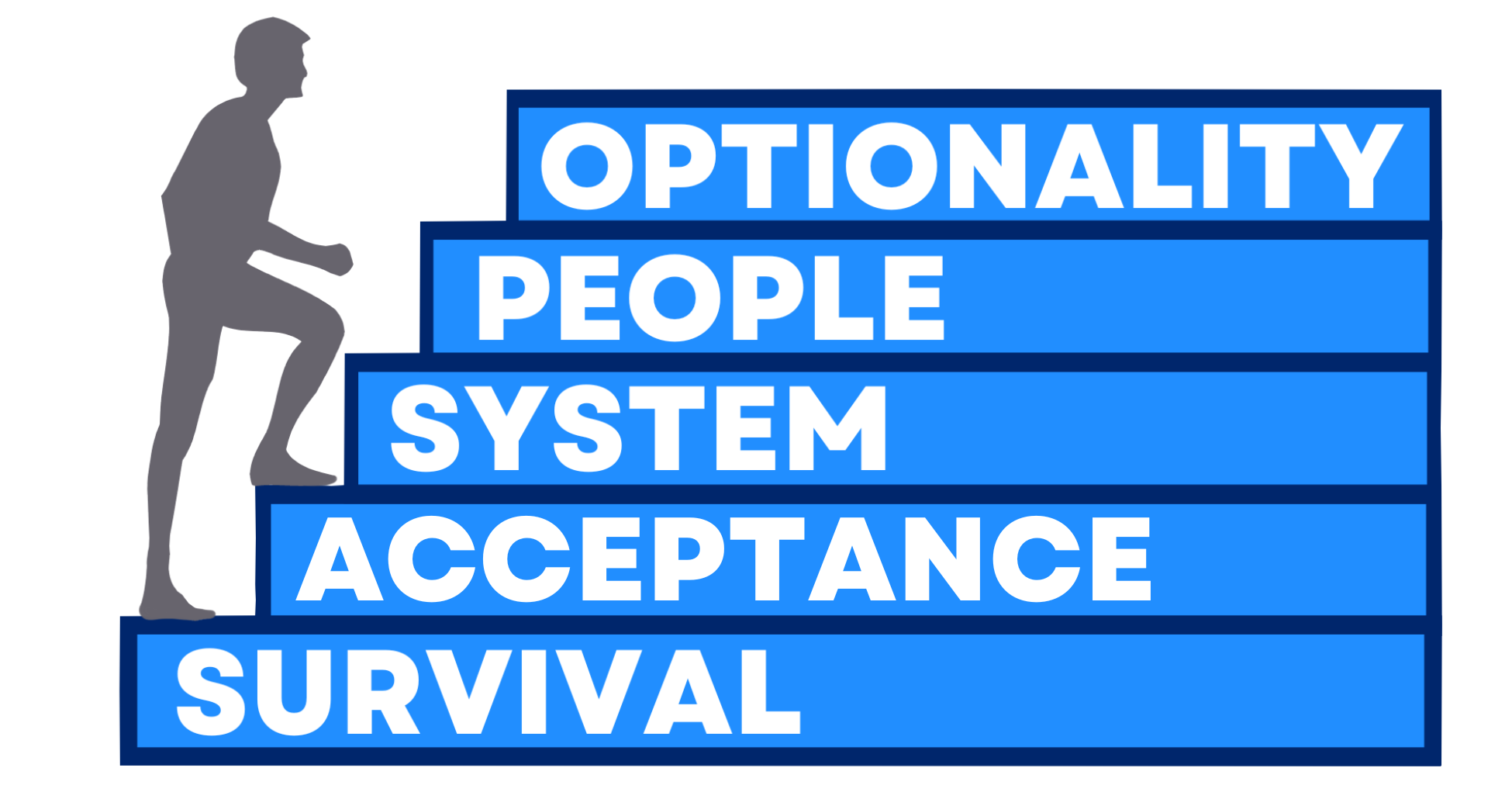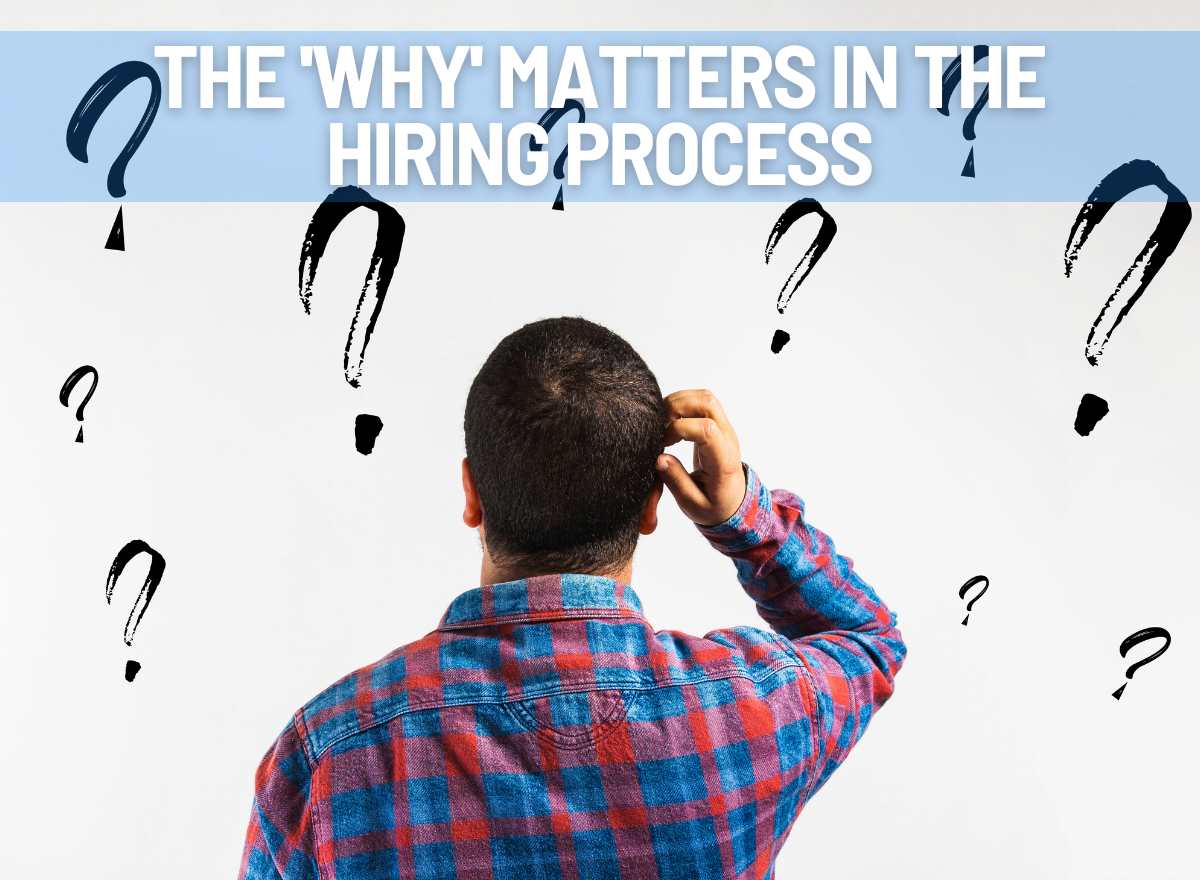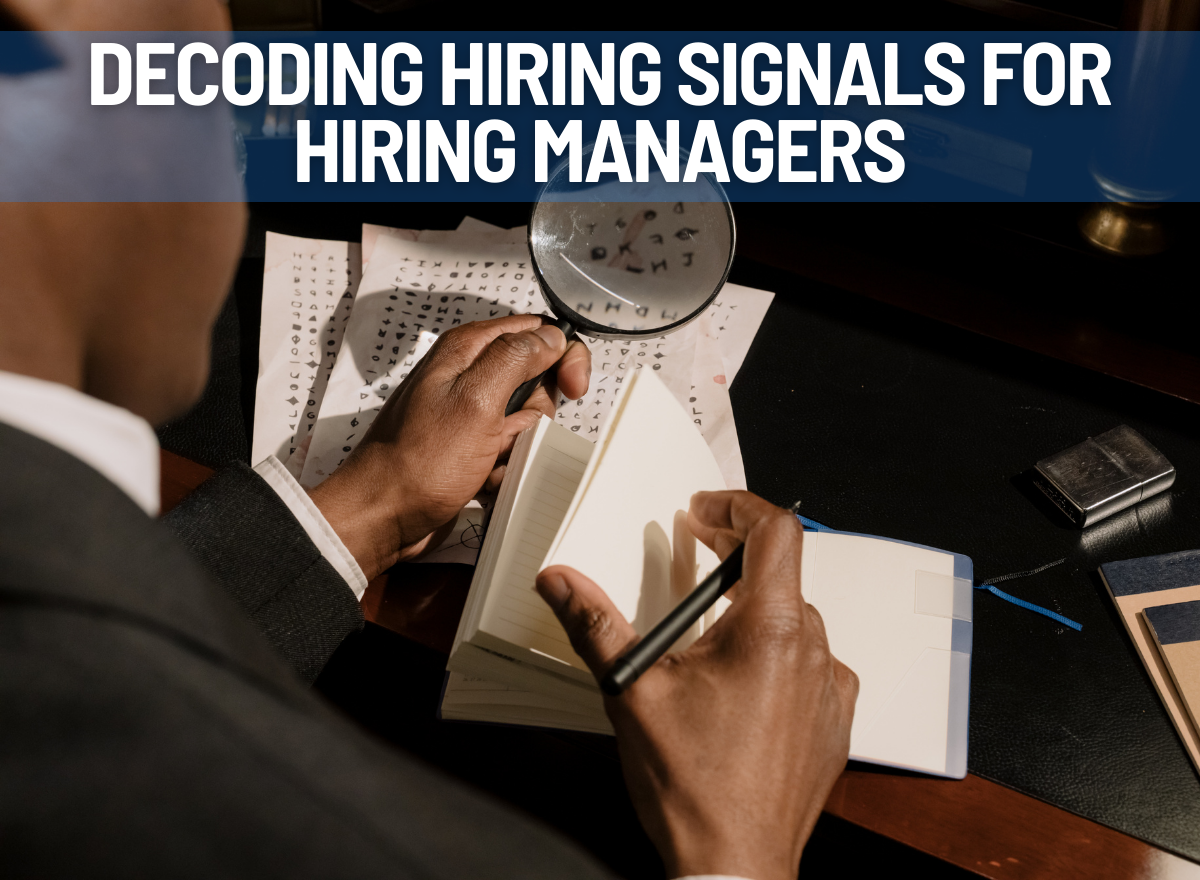Understanding the 4 Question Types in Interviews

Interviewing candidates is your primary way to gather information and make a judgment about the candidates you have recruited. Compared to the thousands of hours that you hope they will be with you, there is only an hour or so to get as much evidence as you can.
Making the most of this limited window of time is worth mastering so you get the most valuable and relevant information you need in the short time available to ask your questions.
Let’s go over some key techniques to level up your interview game and make those top-notch hiring decisions.
First up, let’s talk about the importance of taking notes. People don’t always realize how crucial this is. When you’re doing a bunch of interviews in a day, it’s hard to remember all the details later. That’s where good notes come in handy. They help you remember the important stuff, compare candidates properly, and keep things fair.
Now, during the interview, your main goal is to gather info and figure out what the candidates are all about.
There are four basic types of question that are typical in the interview:
Hypothetical Questions: These give candidates hypothetical situations to see how they would deal with challenges on the job. Do not bother with this type of question – any response you get will be useless. Despite this, most interviewers spend a lot of their time with these questions – it’s very natural to slip into this mode of conversation.
Open-ended Questions: These compel the candidate to give more detailed answers and show you how they think and make decisions. These questions cannot be answered with a simple yes or no response. These are useful for probing and pulling more and more information out of a candidate.
Closed-ended Questions: These are useful to quickly determine objective, factual information. An example would be, “How much did you sell last year and what was your quota?”.
Behavioral Questions: These get candidates talking about their past experiences and actions, showing you how they handled things before. These are the questions you need to master to maximize your chances of gathering good quality evidence.
It’s totally normal to feel pressure during an interview, but it’s important not to rush. If you need a moment, use “buy time” questions to look at your notes and think. It helps you stay on track and make sure you cover everything you need to.
And the candidates need time to think, especially when you ask a behavioral question that forces them to recall a specific story from their past.
Allow some time to let candidates ask their own questions. It’s a great way to see how engaged and prepared they are. The quality of their questions can tell you a lot about how well they understand the company, the role, and how interested they are.
When you finish up the interview, set clear expectations for what’s next. Tell candidates about the next steps in the hiring process, like the next interview or any other steps they need to take.
And don’t forget, if you promise to give them answers within a certain timeframe, you must actually stick to it! Being consistent and professional helps your company look good and attract top talent.
Mastering the art of questioning in interviews is a skill that can have a big impact on your hiring decisions. So next time you’re interviewing, think of it as a chance to learn and connect with potential future team members.
You’ll be making smarter and more confident choices in no time.






